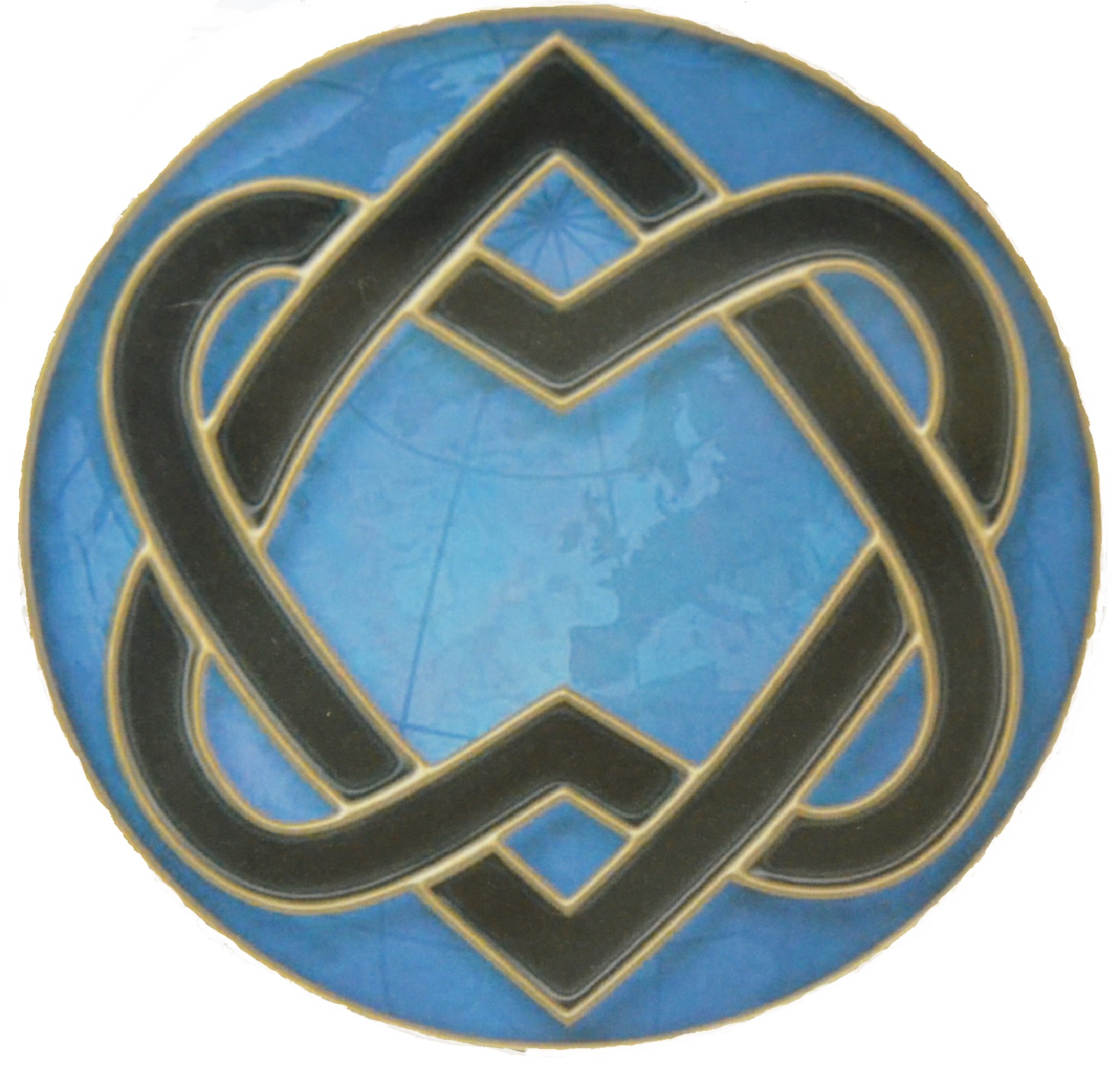Listening Like It’s Shivah
Description
In this ten minute teaching I used to begin the 10 Days of Awe, I connect several teachings. The first is the Rabbinic teaching that following a calamity upon a village, one should try to give the luxury rations to those who are used to luxury because being unaccostomed to hardship, their anguish might be even greater than others' though we are tempted to believe the opposite. The second is that during Yom Kippur, we approach ourselves and our relationships in a state of aninut, of affliction -- the same word used when one has suffered calamity, and the same word used when one is burying a loved one and then heading into the week of shivah grieving. The third is that it is forbidden to say, "How are you?" to someone who has just experienced aninut, and instead one must practice a special form of active listening. Following two years of calamitous pandemic, where many of us put on brave faces because we are scared to share our emotions due to our perceived privilege or we may not have suffered as much as others, we must acknowledge that our pain is nonetheless real, very real, and that the directives of actively telling our stories and actively listening are the imperative way forward.
More Episodes
How do the ideals of progressivism become the idols of antisemitism? As a rabbi in one of the most progressive cities in America, I try to understand this phenomenon through scapegoat theory and through my own heartbreaking experiences. So what do we tell our college students? How do we heal...
Published 10/22/24
As a Conservative rabbi in one of the most progressive cities in America, it's been an incredibly painful year of feeling unable to ask for empathy from my own fellow Jews, as I see this year's events as Good vs Evil, and so many of my congregants want me to be condemning Israel while declaring...
Published 10/06/24
Published 10/06/24


